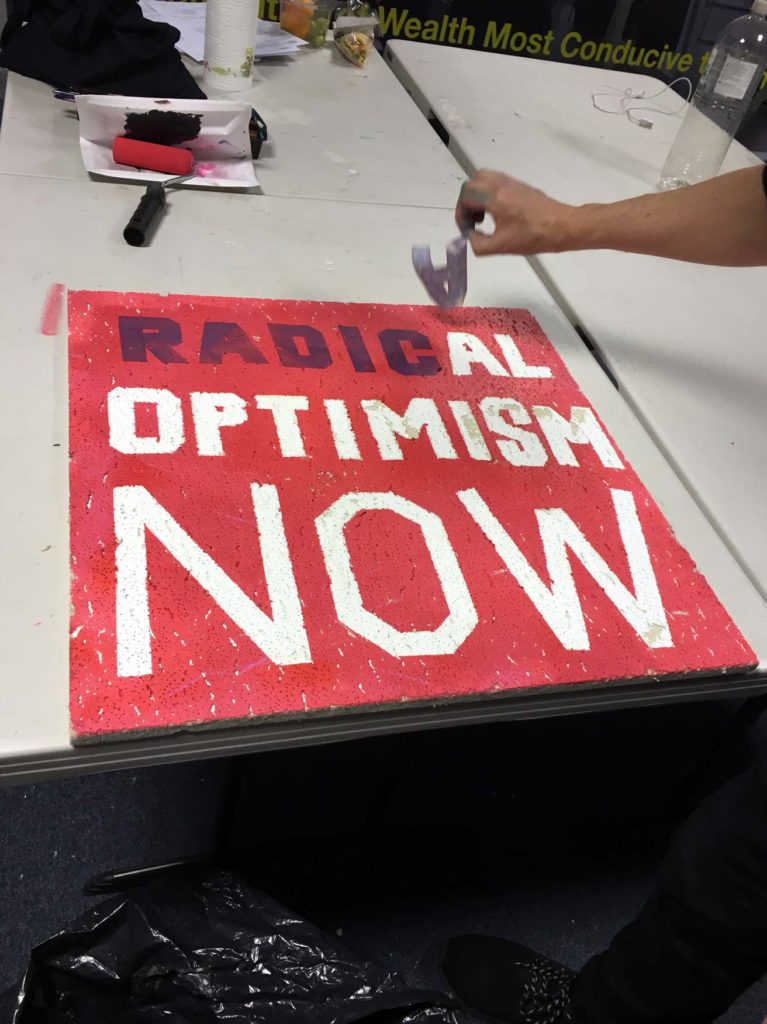Research Overview
The aim of Spatial Practices in Art and ArChitecture for Empathetic EXchange (SPACEX) is to realise a cross-sectoral and European-wide knowledge exchange and scoping exercise that enables researchers to test, map, analyse and communicate the ways in which spatial practices effect public exchange and opinion formation in urban spaces, and promote empathetic and inclusive ways of living together.
How do spatial practices effect public exchange and opinion formation in urban spaces, and enable more empathetic and inclusive ways of living together?

Additional Research Questions:
1.
How can transdisciplinary and cross-sector research methodologies help us better analyse and understand the role that spatial practices play in re-invigorating democratic processes within civil society?
2.
In what ways can the new knowledge generated through the SPACEX action shape future spatial practices as well as cultural and social policy and the practice of urban planning to promote inclusionary practices?
3.
How do the pedagogic strategies employed by spatial practices effect and contribute to the transformation and construction of subjectivity? What forms of knowledge are produced, and what types of subjects are supported?
4.
What role does the archive play in understanding how historical and concurrent spatial practices address issues of democratic exchange and conflict? What are the limitations of extant archiving models and how can the archive be reimagined and reconfigured as a common, centralised shared resource?
Work Package 2
Practices
Lead: Mel Jordan
- Art as Place making
- Mapping Practice-led Urban Thresholds for New Urban Subjects
- Interrogating the Role Spatial Practices Play in Conflict Transformation
- Activating Urban Spatial Relations: the Role of Practice in urban planning and policy-making
Work Package 3
Urban Subjects
Lead: Socrates Stratis
- Art as a Community Support Tool
- Agonistic Knowledge Exchange for Inclusive Communities
- Pedagogic Strategies and the Transformation and Construction of Subjectivity
- Cultural Policy as a Community Support Tool
Work Package 4
Archives
Lead: Emma Mahony
- Art as a Means for Investigating the Archive
- Counter-mapping as Open-Source Archives for Transforming Conflicts
- Activating and Accessing the Archive digital
- Grass Roots practices: Documentation and the Archive
